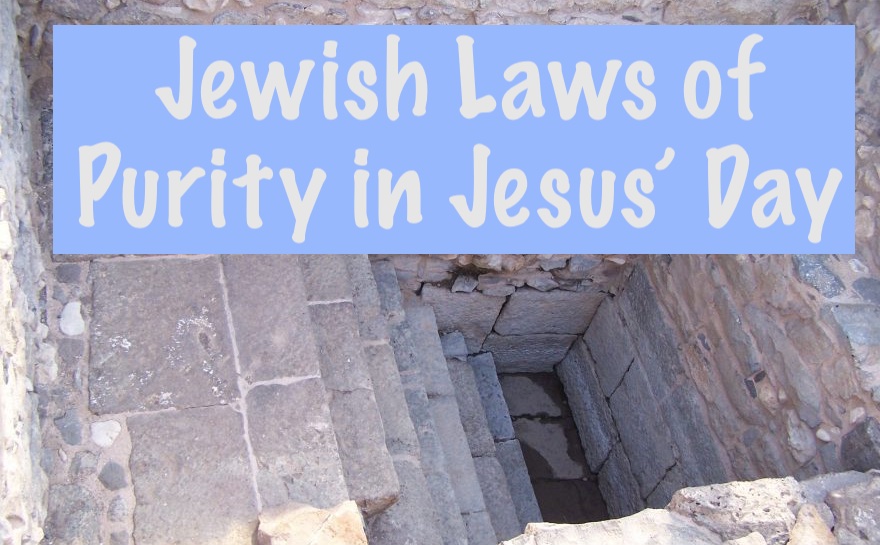The sages were required to interpret the biblical commandments, including those dealing with ritual uncleanness of menstruants. Rabbinic regulations about impurity caused by menstruation form the background to several stories in the gospels.
Inspiration, History and Bible Translation

To believe in the Christian Bible is also to believe in God’s working through the church, and to believe in the church is also to believe in its constitutional documents, the Hebrew Bible and the New Testament.
Reconstructing the Words of Jesus
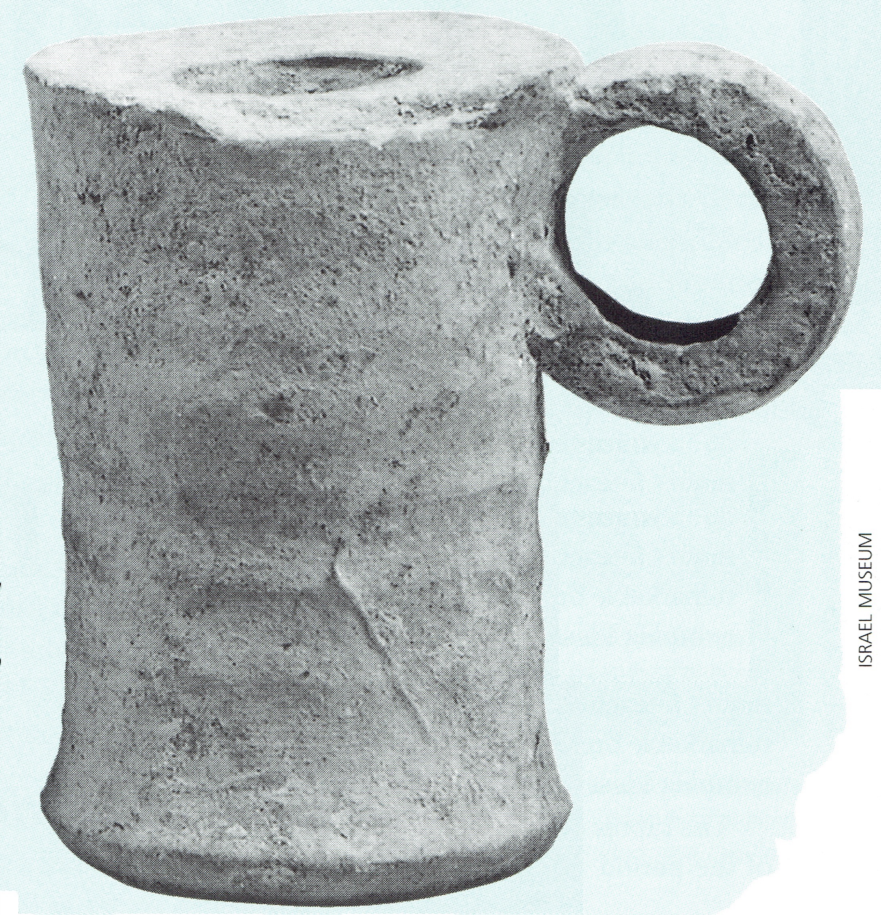
If we keep in mind that Jesus and his disciples and hearers were not speaking Greek but rather Hebrew or Aramaic, or both, then we can see that we will only arrive at Jesus’ original words by translating the Greek texts of speeches in the synoptic Gospels back into their Semitic original.
A Measure of Humility

There are many parallels between the teaching of Jesus and that of Jewish sages mentioned in rabbinic sources. An understanding of rabbinic sayings can provide added insight into what Jesus taught.
Perspective on Robert L. Lindsey
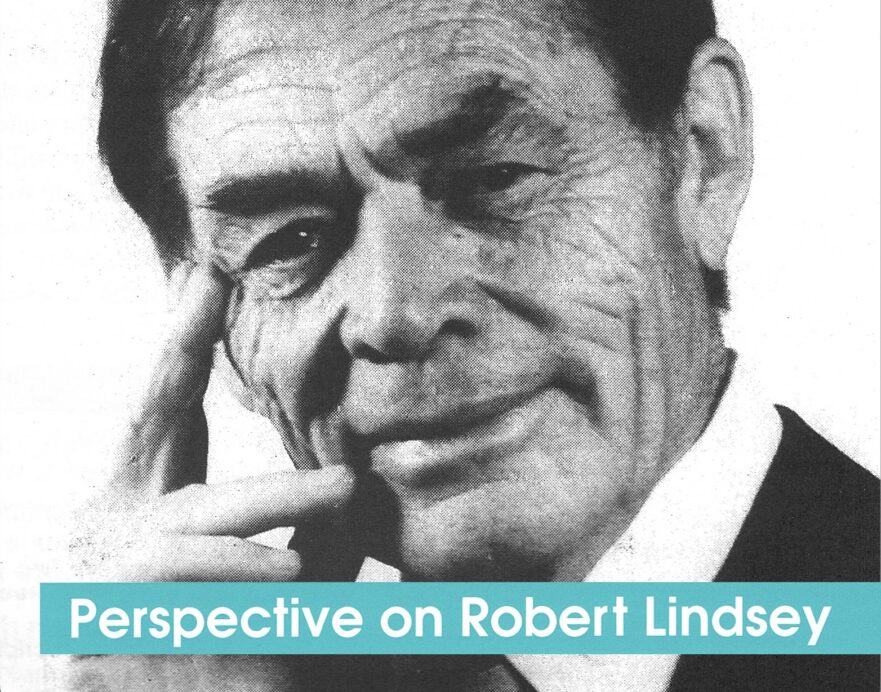
In the spring of 1991 Jerusalem Perspective devoted its 32nd issue to the work of Dr. Lindsey.
Book Review: Robert Lindsey’s A Comparative Greek Concordance of the Synoptic Gospels
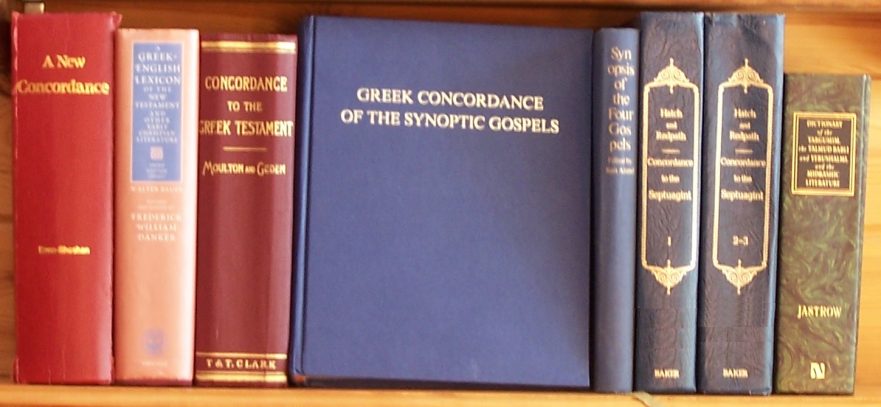
With the publication of the third and final volume of A Comparative Greek Concordance of the Synoptic Gospels, Dr. Robert Lindsey has given to the scholars who have been following his work, as well as to future scholarship, a necessary tool for the study of the synoptic Gospels.
A New Solution to the Synoptic Problem
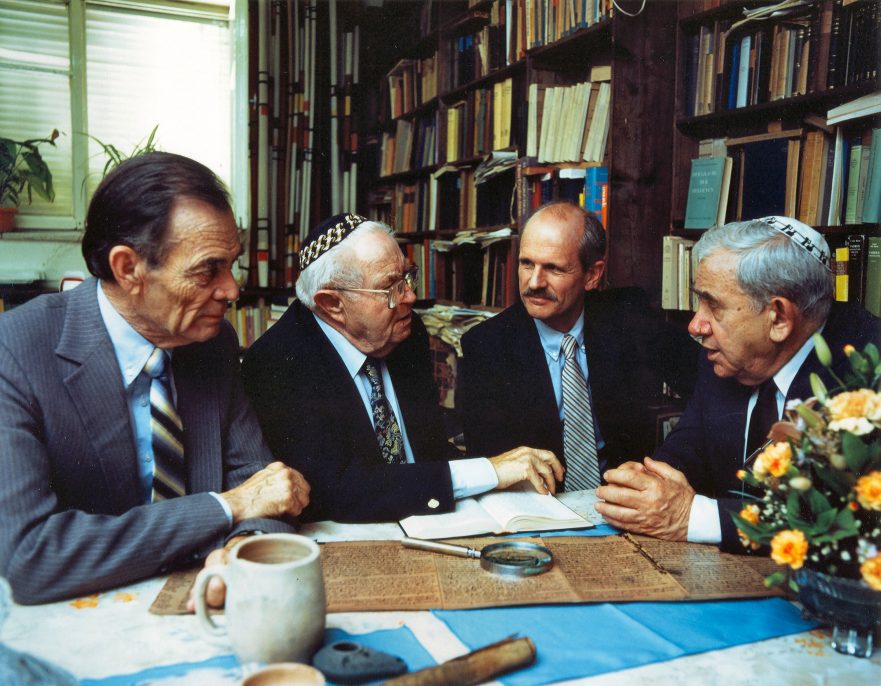
The many similarities among the Synoptic Gospels suggest a literary interdependence.
Robert L. Lindsey’s The Jesus Sources

In the winter of 1982–1983, Robert Lindsey delivered a series of lectures in Jerusalem. These lectures were recorded and transcribed by Walli Callaway, edited by James Burnham and published as The Lindsey Lectures. Lindsey reedited the lectures in the spring of 1990, adding new material, and they were published that summer as The Jesus Sources.
The Two Great Principles and Sefer Pitron Torah
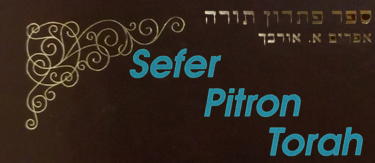
The command to love one’s neighbor was already thought of during the Second Commonwealth as the essence of the second half of the Decalogue, in which sense it is quoted in Sefer Pitron Torah.
Sabbath Breakers?
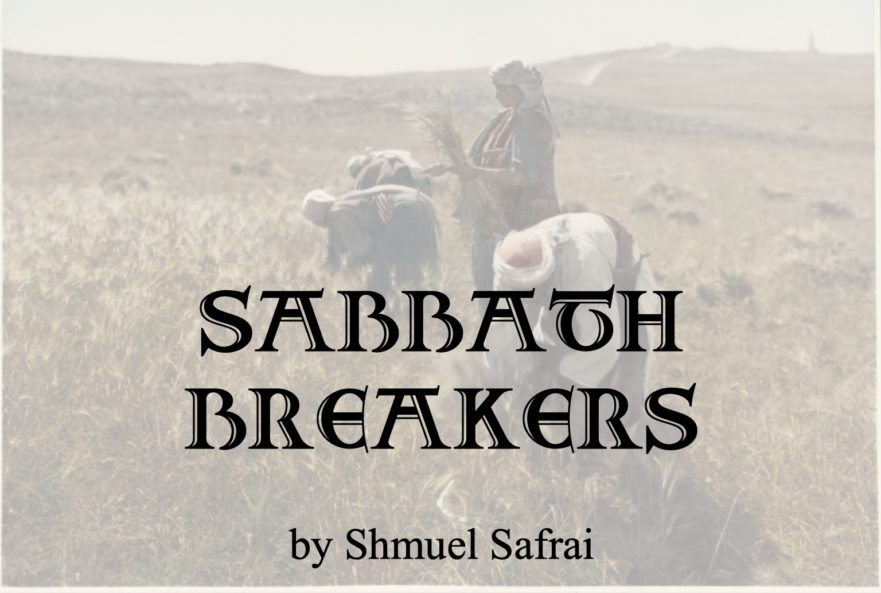
Jesus’ observance of the commandments has been a topic of vigorous scholarly debate. However, when the Synoptic Gospels are carefully examined, one sees that Jesus never violated written or oral Torahs. But did his disciples?
Who Questioned Jesus?
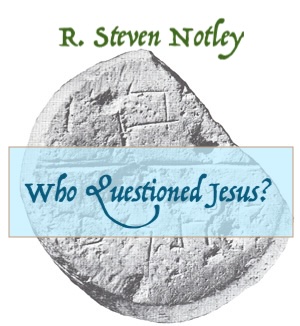
One should not exaggerate the opposition against Jesus in Jerusalem during the fateful Passover that witnessed his crucifixion.
“Let Down Your Nets”
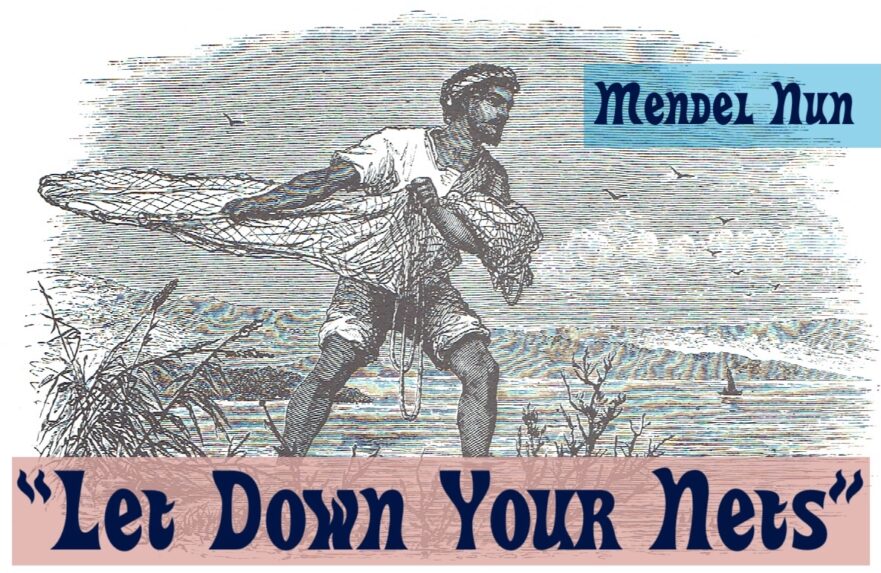
In this article Sea of Galilee fishing expert, Mendel Nun, discusses the different types of fishing nets that were used in the first century by fishermen. Nun’s knowledge of ancient fishing techniques illuminates the stories of Jesus and his followers, many of whom were fishermen.
“Binding” and “Loosing” in the Kingdom of Heaven
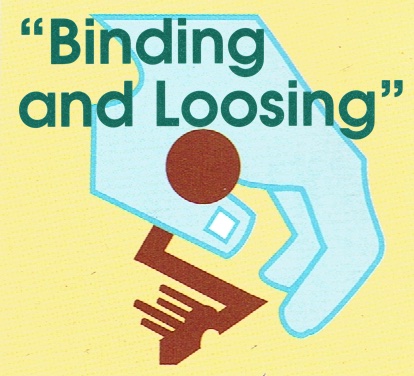
Jewish sages were called upon constantly by their community to interpret scriptural commands. They “bound,” or prohibited, certain activities, and “loosed,” or allowed, others.
Hebrew Idioms in the Gospels
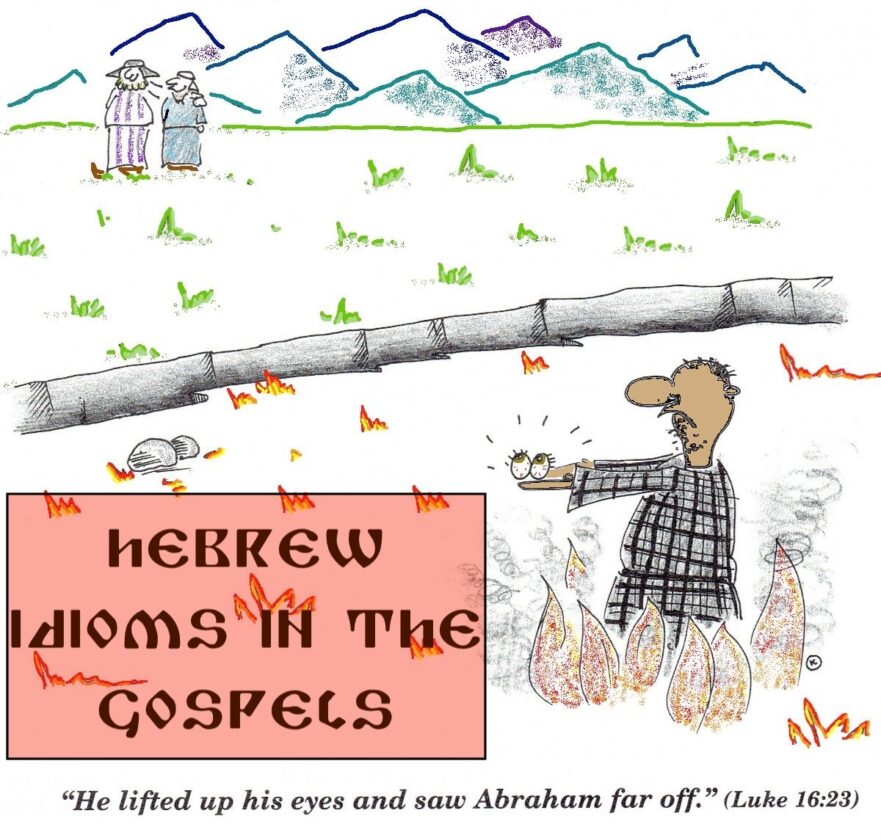
There are many expressions in the Greek texts of Matthew, Mark and Luke that seem to derive from Hebrew idioms. These are phrases that mean something different from the literal meaning of the words they use. Every language has its own idioms, many of which seem strange when translated literally out of their native setting.
By the Finger of God

Jesus’ ministry of miracles and deliverance occasionally brought him into conflict. One of the most intriguing controversies concerned the accusation by a group of Pharisees called “Jerusalem scribes” that Jesus had accomplished the healing of a dumb man with the aid of the prince of demons.
An Introduction to Synoptic Studies
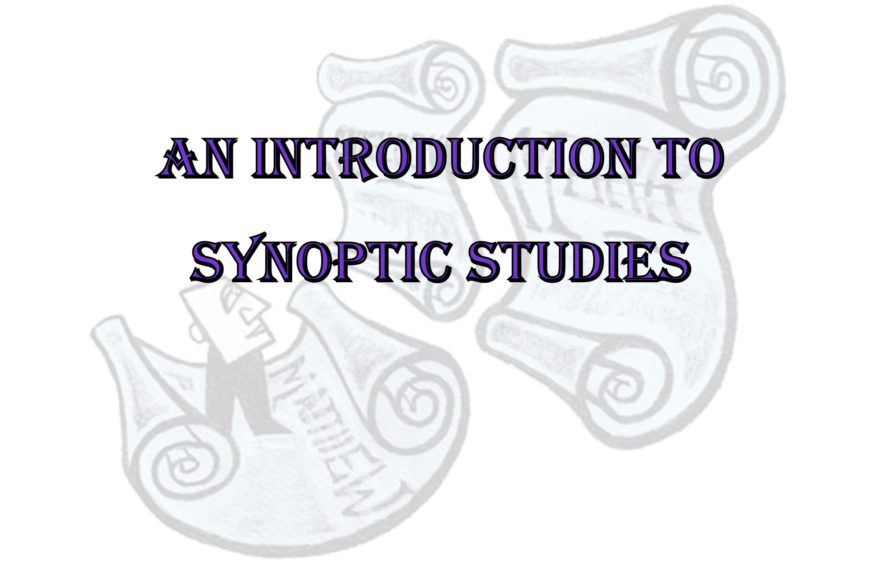
The late Dr. Robert Lindsey, pioneer translator of the Gospels into modern Hebrew, synoptic researcher and pastor of Jerusalem’s Narkis Street Congregation, resided in Israel for over forty years. His discoveries challenge many conclusions of New Testament scholarship from the past two hundred years. Lindsey created a new approach to the study of the Synoptic Gospels. Here, Lindsey provides an introduction to the field of synoptic studies and the “Synoptic Problem.”
Gospel Translation

Hebrew words usually have many shades of meaning, and the Greek translator of the conjectured Hebrew “Life of Jesus” could convey only one sense of each Hebrew word’s meaning. When the standard Greek translation of a Hebrew word became fixed, Greek translators often employed this standard translation even when the Hebrew word it translated appeared with an obviously different meaning.
Mary and Martha: The Rest of the Story
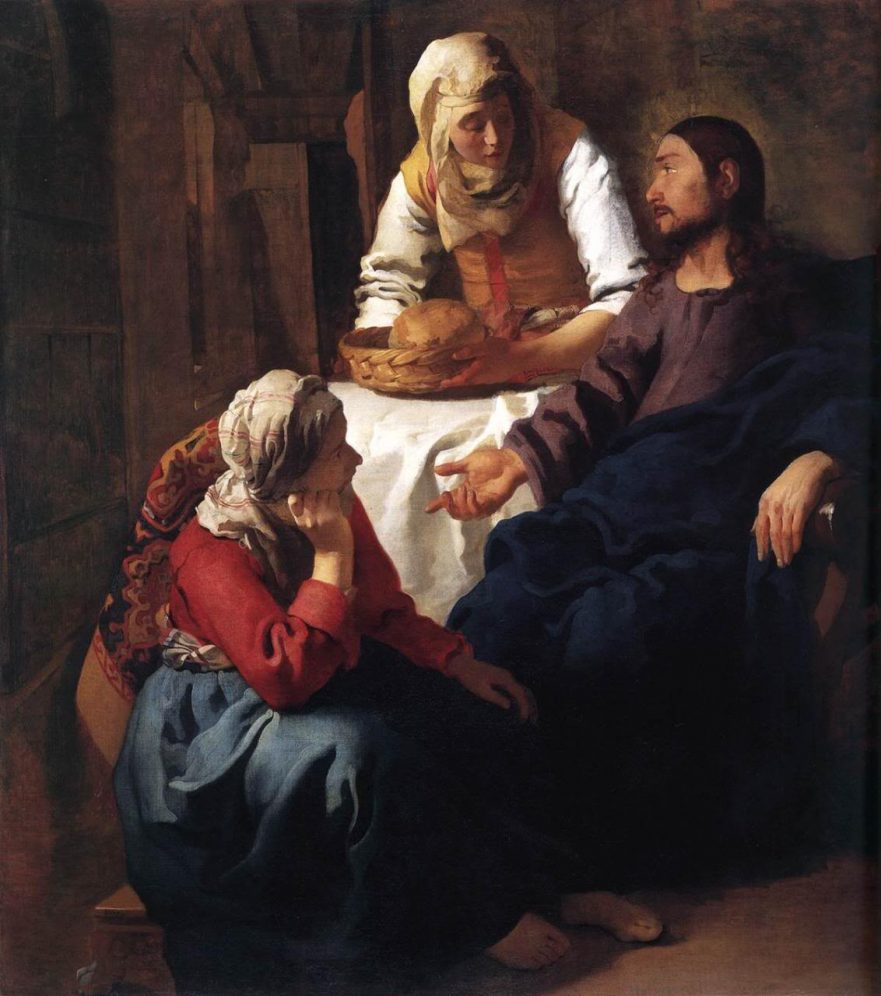
In Robert L. Lindsey’s theory of gospel transmission, the Hebrew version of Jesus’ biography and its Greek translation have both been lost. Although none of the synoptic Gospels preserves the original text in its entirety, together they do preserve all, or nearly all, of the stories in the original work.

